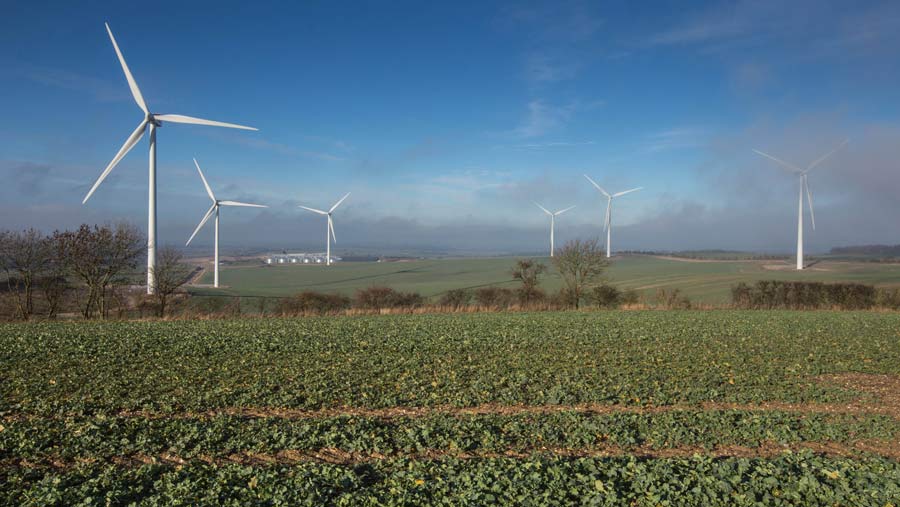British farmers step up to climate challenge ahead of COP26
 © Tim Scrivener
© Tim Scrivener British farmers have highlighted their progress on lowering carbon emissions as the industry strives to reach its net-zero ambitions.
Ahead of the COP26 climate summit in Glasgow, a new report by the NFU illustrates how farmers are adapting their businesses to reduce agricultural emissions, capture and store more carbon on farmland and produce more renewable energy.
At the same time, farmers are providing climate-friendly, safe, nutritious and affordable food for people at home and abroad.
See also: Towards Net Zero: How to reduce emissions and store carbon
According to Defra, UK agriculture is responsible for around 10% of greenhouse gas (GHG) emissions that cause climate change.
Two years ago, the NFU announced plans for the industry to reach net zero in England and Wales by 2040 and farmers have since started working towards this target by making changes to their businesses. But with greater government support, they can accelerate this progress, the union says.
Actions farmers have taken include reducing energy consumption from fossil fuels, increasing soil health, and planting and managing trees, woodland and hedgerows.
Net zero 2040 goal
The NFU report, Our journey to net zero: farming’s 2040 goal, features farmers such as Jessica Langton from Derbyshire and Richard Bramley from Yorkshire, who explain how they have introduced climate-friendly practices into their businesses.
Dairy farmer Ms Langton is in the process of replacing milk storage equipment with a more energy-efficient system that converts heat from the milk production process into usable energy to heat water for the business.
She is also trialling a seaweed feed supplement to reduce methane emissions from her cows, as part of a project with the University of Nottingham, called Project Ecologeco.
However, grassland management is at the heart of their plans, with deeper-rooting rye grass and clover helping to fix nitrogen in the soil and reduce the need for artificial fertiliser or herbicide use.
Mr Bramley, an arable and root crops farmer, is using cover cropping, catch cropping – planting a fast-growing crop like radish between rows of the main crop, or after harvest – and incorporating chopped straw to improve soil health.
He would like to see more government support for planting and maintaining hedgerows, trees and buffer strips around watercourses.
Three pillars
NFU president Minette Batters says the industry’s journey towards net zero has three “pillars” – resource efficiency, carbon storage and renewable energy.
She said it has been incredible to see farmers introduce climate-friendly measures, but the industry needs more support from government if it is to realise its net-zero ambitions.
“The commitment is there – what we now need are a portfolio of policies to support widespread action, whether it’s upgrading rural infrastructure to boost productivity, the further development of farm-level greenhouse gas calculators or investment in methods to remove greenhouse gases from the atmosphere,” said Mrs Batters.
“It’s also vital that the government’s agenda works in harmony with its domestic and trade policies. Reducing our impact on the climate should not mean reducing our capacity to feed the country with high-quality, affordable home-grown food – food we know the British public want to see more of on shop shelves.”
